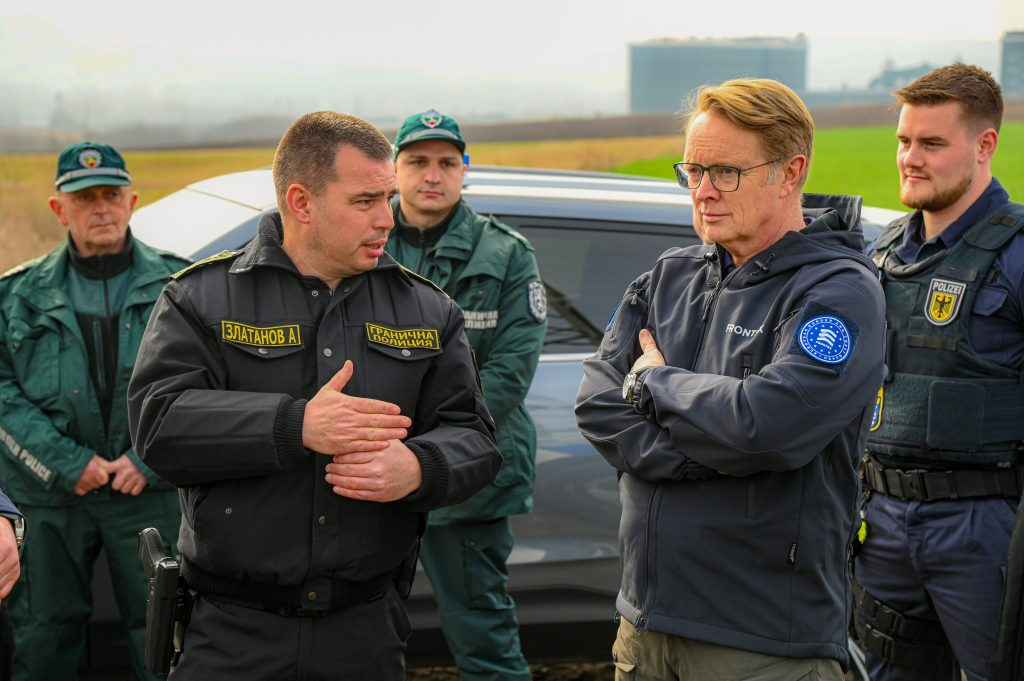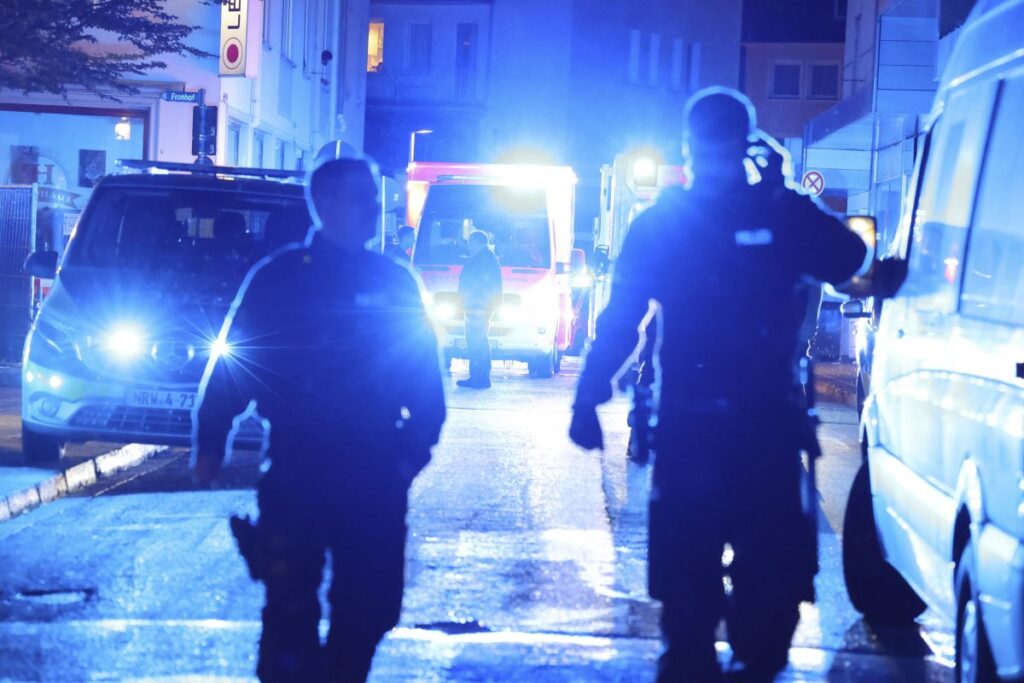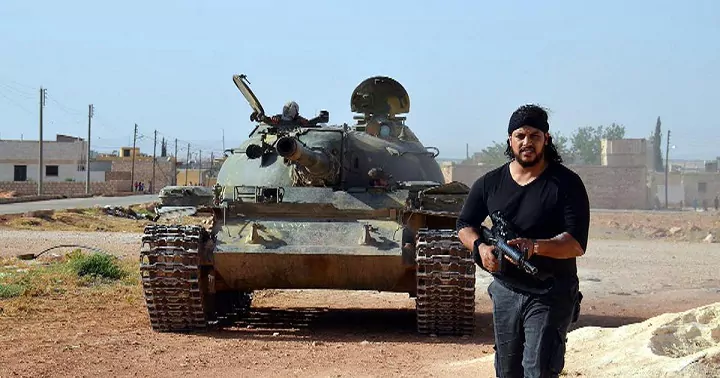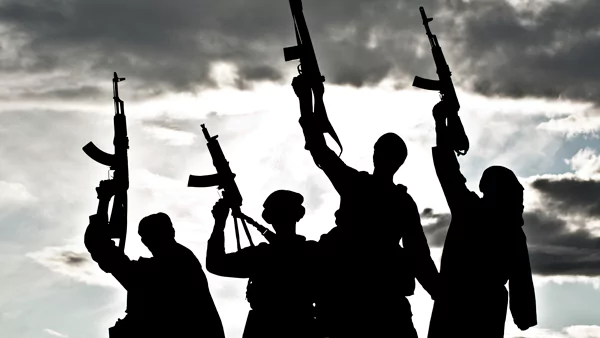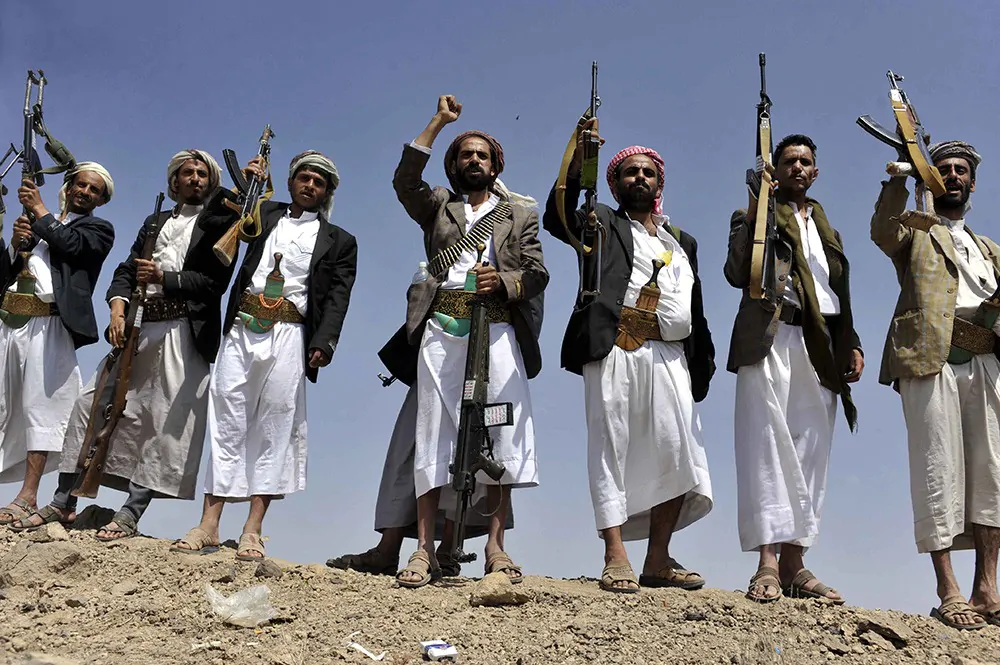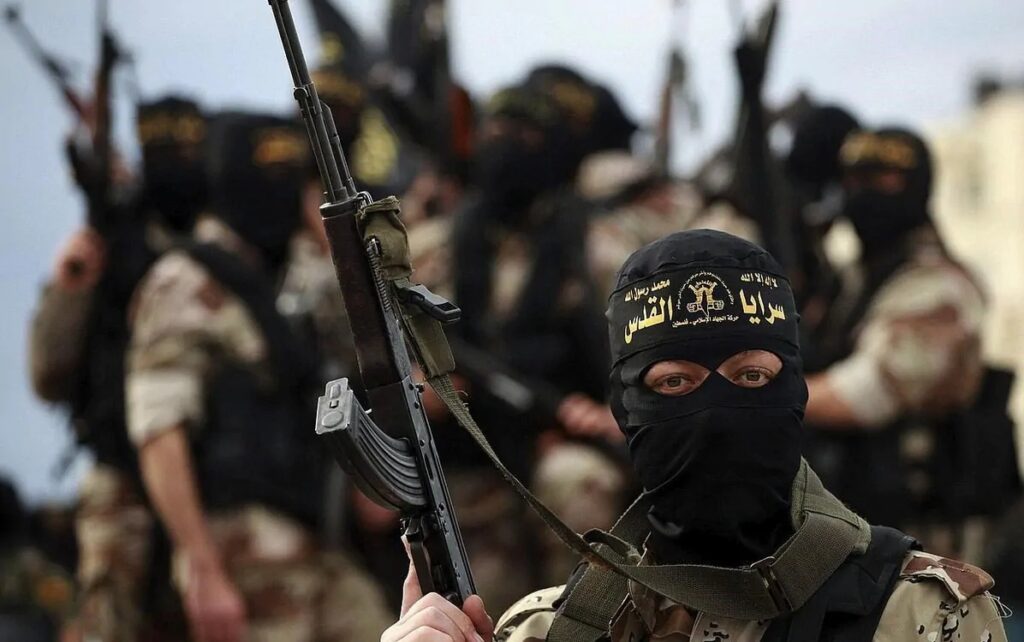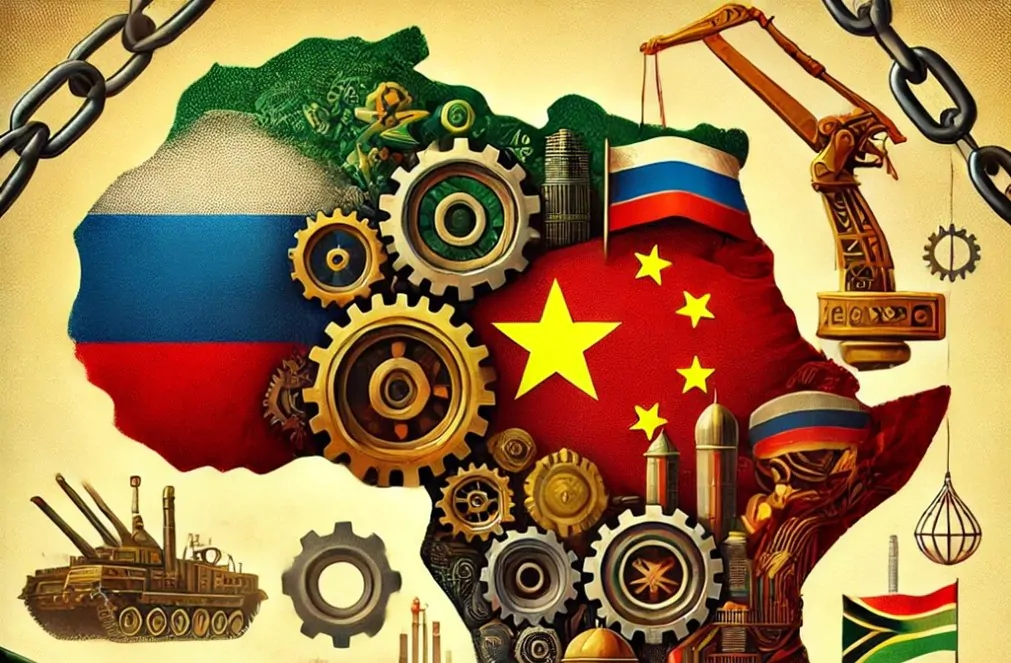Spotlight on Iran and the Shiite Axis

Amid the ongoing delay in Iran’s response to the killing of Ismail Haniyeh in Tehran, senior Iranian military officials have stepped up their statements concerning Iran’s commitment to retaliate against Israel at the appropriate time, albeit with different characteristics than the Iranian attack on Israel in April 2024.

